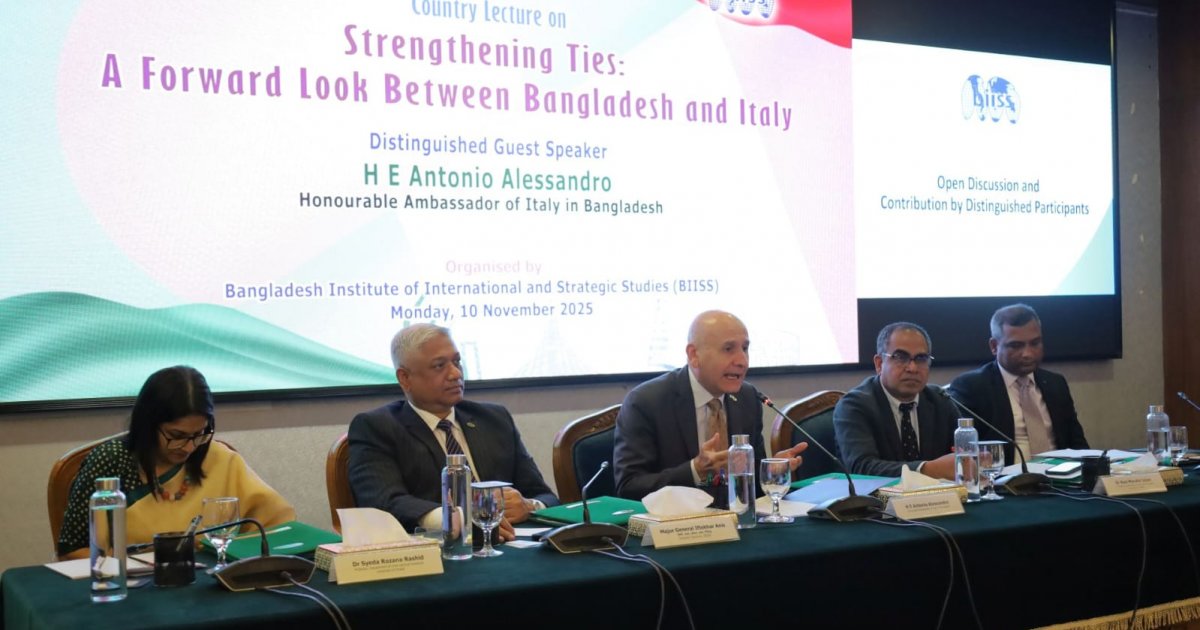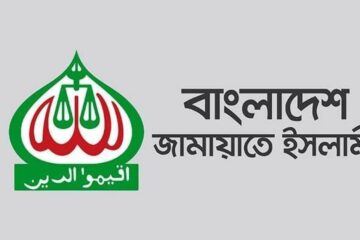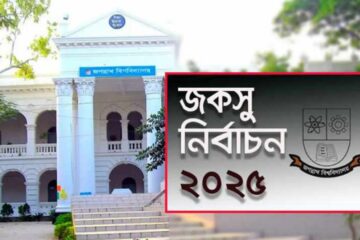Bangladesh Institute of International and Strategic Studies (BIISS) hosted a country lecture series (CLS) titled “Strengthening Ties: A Forward Look Between Bangladesh and Italy” on Monday, highlighting the growing scope of cooperation between the two nations across multiple sectors from development and migration to education, research, and security.
The event, held at the BIISS auditorium, featured Antonio Alessandro, ambassador of Italy to Bangladesh, as the guest speaker.
Major General Iftekhar Anis, director general of BIISS, delivered the welcome address, noting that Bangladesh-Italy relations have evolved into a comprehensive partnership underpinned by shared values and expanding economic engagement.
Two keynote papers were presented by Dr Syeda Rozana Rashid, professor at the Department of International Relations, University of Dhaka and Md Mosharaf Hossain, director general (East Europe and CIS; West Europe and EU) at the Ministry of Foreign Affairs, Bangladesh.
The session was moderated and concluded by Dr Kazi Maruful Islam, professor at the Department of Development Studies, University of Dhaka.
Speakers traced the evolution of Bangladesh-Italy relations, emphasizing that Italy’s support was instrumental in helping the newly independent Bangladesh secure United Nations membership in the early 1970s. Over the decades, the relationship has expanded to include trade, migration, education, and scientific cooperation.
Italy remains one of the most important destinations for Bangladeshi migrant workers and a key development partner. The country also hosts a vibrant Bangladeshi diaspora, contributing significantly to both economies through remittances and entrepreneurship.
Speakers underscored that Italy, home to some of the world’s oldest and most prestigious universities, continues to attract Bangladeshi students and professionals seeking higher education and research opportunities. Such academic exchanges, they said, play a vital role in strengthening people-to-people ties and enhancing knowledge-based collaboration.
Beyond education, the two countries are exploring cooperation in emerging areas such as renewable energy, technology transfer, climate resilience, and scientific innovation.
Discussions also touched on law enforcement, peacekeeping, and broader regional stability. Italy’s contributions to global peacekeeping and its shared interests with Bangladesh in multilateral platforms were highlighted as avenues for further engagement.
Ambassador Alessandro noted that Bangladesh has emerged as a dynamic economic power in South Asia and reaffirmed Italy’s commitment to working closely with Dhaka to expand trade, investment, and institutional cooperation.
Senior officials from various ministries, members of the diplomatic community, business leaders, academics, researchers, journalists, and representatives from think tanks and international organizations attended the event.
An open discussion session followed the presentations, where participants offered insights, observations, and recommendations to further deepen Bangladesh-Italy relations.
Speakers and participants agreed that strengthening institutional linkages, enhancing mutual understanding, and fostering cultural and educational exchanges will be key to taking the Bangladesh-Italy partnership to new heights.



